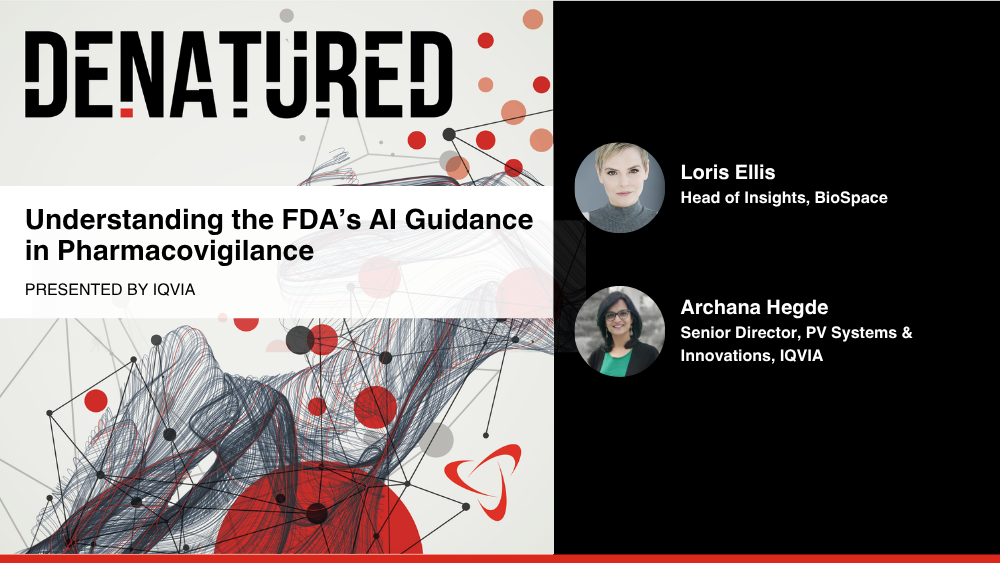SAN DIEGO, Aug. 19 /PRNewswire-FirstCall/ -- Vical Incorporated today announced a research collaboration with the Karolinska Institute, a leading European medical university, and the Swedish Institute for Infectious Disease Control (SMI), a governmental expert agency, to evaluate Vical's Vaxfectin(R) adjuvant with the Biojector(R) 2000 needle-free injection system for a multivalent preventive DNA vaccine against HIV.
Professor Eric Sandstrom, M.D., Ph.D., Professor at the Karolinska Institute, said, "The results from our initial Phase 1 trial were quite good, with over 90 percent of subjects achieving detectable immune responses against HIV after the prime-boost vaccination. We hope to improve the breadth and magnitude of immune responses in the next clinical trial by using the Vaxfectin(R) adjuvant with our DNA priming vaccine. We believe that continued development of HIV vaccines remains among the world's top healthcare priorities."
The Karolinska Institute has completed a 38-subject Phase 1 trial testing a prime-boost HIV vaccine regimen using three doses of unadjuvanted DNA vaccines over a three-month period followed by a single dose of a viral vector vaccine at nine months. The Karolinska Institute is currently conducting nonclinical safety studies to support a planned Phase 1 trial of a Vaxfectin(R)-formulated HIV DNA vaccine as part of a prime-boost regimen. The Vaxfectin(R) adjuvant is intended to optimize the priming of immune responses and increase the performance of, or potentially even eliminate the need for, the viral vector vaccine boost. The SMI is sponsoring the development.
About the Vaccine
The SMI/Karolinska vaccines contain synthetic versions of genes encoding internal and surface proteins from different HIV subtypes. The combination is designed to provide protection against the most prevalent HIV strains circulating in Europe, Africa and The Americas. The prime-boost approach uses two vaccine components given at different times. The two vaccine components differ in how the genes are packaged. The DNA prime vaccine component contains only the specific gene sequences in a plasmid DNA ring, and cannot reconstitute into an infectious virus. The HIV DNA vaccine was developed by the SMI and the Karolinska Institute in Sweden. The viral vector boost vaccine component uses a Modified Vaccinia Ankara (MVA) virus (the virus that causes cowpox) to shuttle the same non-infectious gene sequences into the body. The boost vaccine component was developed by the NIH and Walter Reed Army Institute of Research, and does not use an adjuvant.
In the first Phase 1 trial, the DNA priming vaccines were delivered with the Biojector(R) 2000 needle-free injection system into either the muscle or the skin. In the next trial, the Vaxfectin(R)-formulated DNA vaccines would be delivered with the Biojector(R) 2000 needle-free injection system into the skin. The MVA boost vaccine is delivered by needle and syringe.
Recently reported preliminary results from Vical's Phase 1 trial of the company's H5N1 pandemic influenza DNA vaccines marked the first time the Vaxfectin(R) adjuvant was tested in humans. Some cohorts were vaccinated by needle and syringe into the muscle and some with the Biojector(R) 2000 needle- free injection system into the muscle. The proposed Karolinska/SMI study would mark the first human test of a Vaxfectin(R)-formulated vaccine delivered by needle-free injection into the skin. Intradermal delivery by needle-free injection and use of the Vaxfectin(R) adjuvant may increase the immune responses to the vaccine.
About Vaxfectin(R)
Vaxfectin(R) was designed by Vical to increase the immune response to DNA vaccines. Vaxfectin(R)-formulated DNA vaccines have demonstrated good tolerability and significant immune responses in multiple animal models, including nonhuman primates, and recently underwent successful initial human testing with the company's H5N1 pandemic influenza DNA vaccines. Vaxfectin(R) has also demonstrated a dose-sparing effect with the commercial seasonal influenza and government-stockpiled H5N1 pandemic influenza vaccines. Vaxfectin(R) may have potential applications as an adjuvant for other protein- based vaccines as well. The company holds patents covering Vaxfectin(R) and its use with DNA vaccines and conventional vaccines against infectious diseases and cancer.
About Vical
Vical researches and develops biopharmaceutical products based on its patented DNA delivery technologies for the prevention and treatment of serious or life-threatening diseases. Potential applications of the company's DNA delivery technology include DNA vaccines for infectious diseases or cancer, in which the expressed protein is an immunogen; cancer immunotherapeutics, in which the expressed protein is an immune system stimulant; and cardiovascular therapies, in which the expressed protein is an angiogenic growth factor. The company is developing certain infectious disease vaccines and cancer therapeutics internally. In addition, the company collaborates with major pharmaceutical companies and biotechnology companies that give it access to complementary technologies or greater resources. These strategic partnerships provide the company with mutually beneficial opportunities to expand its product pipeline and address significant unmet medical needs. Additional information on Vical is available at http://www.vical.com.
This press release contains forward-looking statements subject to risks and uncertainties that could cause actual results to differ materially from those projected. Forward-looking statements include statements about the Karolinska Institute's and the SMI's plans for a prime-boost HIV vaccine clinical trial, the potential effect of the company's Vaxfectin(R) adjuvant and Biojector(R) 2000 needle-free injection system on vaccine performance, and the design and potential benefits of HIV DNA vaccines generally. Risks and uncertainties include whether Vical, the Karolinska Institute the SMI or others will continue development of the HIV vaccine; whether the SMI will sponsor and the Karolinska Institute will complete preclinical testing and conduct a Phase 1 trial using a Vaxfectin(R)-formulated DNA prime-MVA boost vaccination regimen; whether such trial, if conducted, will use the Biojector(R) 2000 needle-free injection system to deliver the DNA priming vaccine; whether Vaxfectin(R) will optimize the DNA vaccine priming of immune responses against the specific HIV vaccine targets and increase the performance of, or eliminate the need for, the MVA vaccine boost; whether Vaxfectin(R)-formulated DNA priming vaccines will increase the breadth and magnitude of immune responses to the prime-boost regimen; whether the prime- boost vaccine regimen will be effective in protecting humans against HIV infection or disease; whether the HIV vaccine will achieve the safety and immunogenicity endpoints in the Phase 1 trial; whether Vical or its collaborative partners will seek or gain approval to market any product candidates; whether Vical or its collaborative partners will succeed in marketing any product candidates; and additional risks set forth in the company's filings with the Securities and Exchange Commission. These forward- looking statements represent the company's judgment as of the date of this release. The company disclaims, however, any intent or obligation to update these forward-looking statements.
Contact: Alan R. Engbring
CONTACT: Alan R. Engbring of Vical Incorporated, +1-858-646-1127
Web site: http://www.vical.com//




